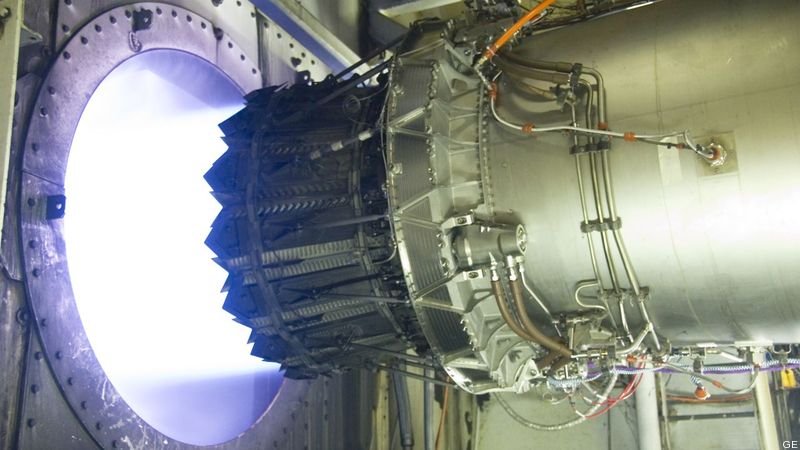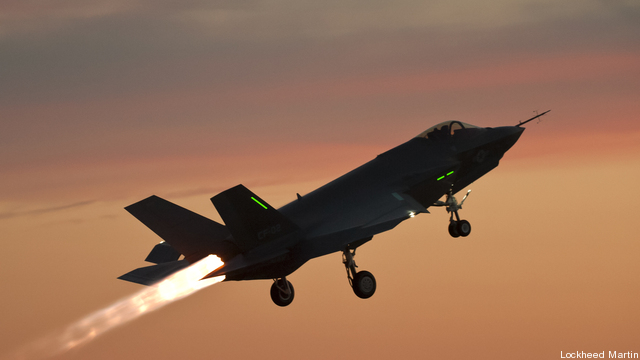GE Jet Sets Record; Will F-35 Get New AETD Engine?
Posted on
PARIS AIR SHOW: Pratt & Whitney has refused to disclose the price of its F135 engines for the F-35 for quite a while, even while Lockheed Martin boasted it would bring down the price of the Joint Strike Fighter to $80 million a copy — including engine.
Now we know why. At a Monday briefing here, the head of Pratt’s F135 program, Mark Buongiorno, told reporters the company didn’t want to release the information because the Adaptive Engine Technology Development (AETD) program’s engines were being tested for dimensions that matched those of the F-35. A more fuel-efficient AETD engine could overcome one of the longstanding concerns about the F-35 in an era of ever deeper anti-access/area denial defenses, its relatively short unrefueled range of a bit more than 600 nautical miles.
Then General Electric put out a release late yesterday about testing for its Adaptive Versatile Engine Technology (ADVENT) project, which achieved the highest combined compressor and turbine temperature operation “in the history of jet engine propulsion.”
That release included this sentence: “It is now being applied to the next step – an engine that could fit an F-35-like aircraft.”
You could almost hear the pin drop. Years after former Defense Secretary Bob Gates pushed hard to kill the so-called second engine program — GE’s F136 — it looks as if GE may be poised to come back with what could be either a second engine for the F-35, a replacement for Pratt’s F135, or the next-generation power plant.
(GE and the Air Force Research Lab released a video about the new engine’s testing yesterday. Enjoy.)
https://youtu.be/EqkgtEszJ6w
GE finished tests on a new engine, which included the highest combined compressor and turbine temperature operation “in the history of jet engine propulsion.”
Daniel McCormick, general manager of GE’s advanced combat engine programs, said there had been a Preliminary Design Review that involved the Air Force, NASA and Lockheed Martin. The new engine can adapt for either maximum thrust — to outrun an enemy anti-aircraft missile, for example — or long-range cruise — say, to penetrate deeply and stealthily into an enemy air-defense zone.
As more details emerge it will be fascinating to hear how senior Pentagon officials and Air Force leaders view this GE engine: as a technology marvel, the beginnings of the next generation in F-35 power, or as a “second engine.”
Subscribe to our newsletter
Promotions, new products and sales. Directly to your inbox.


